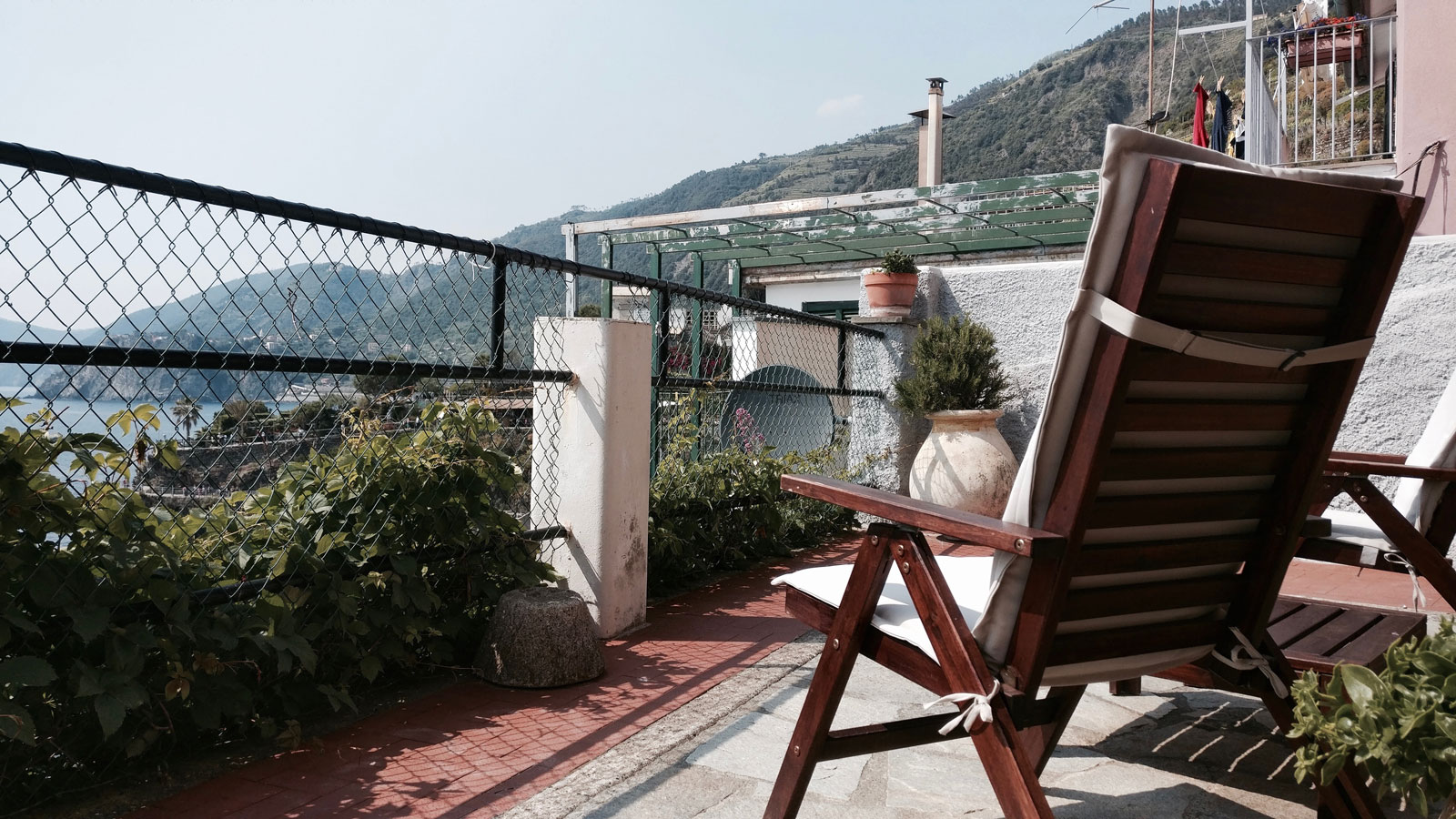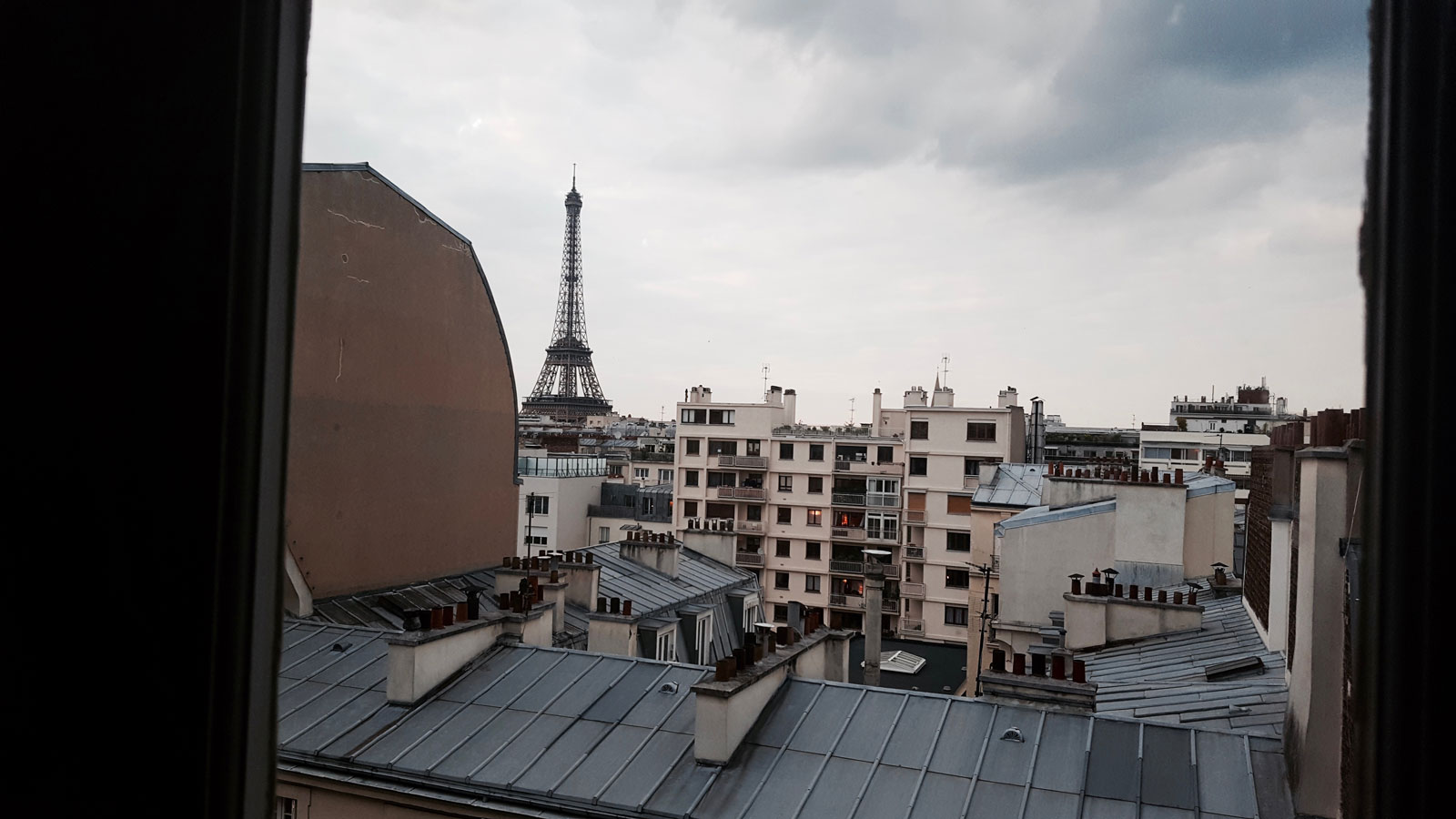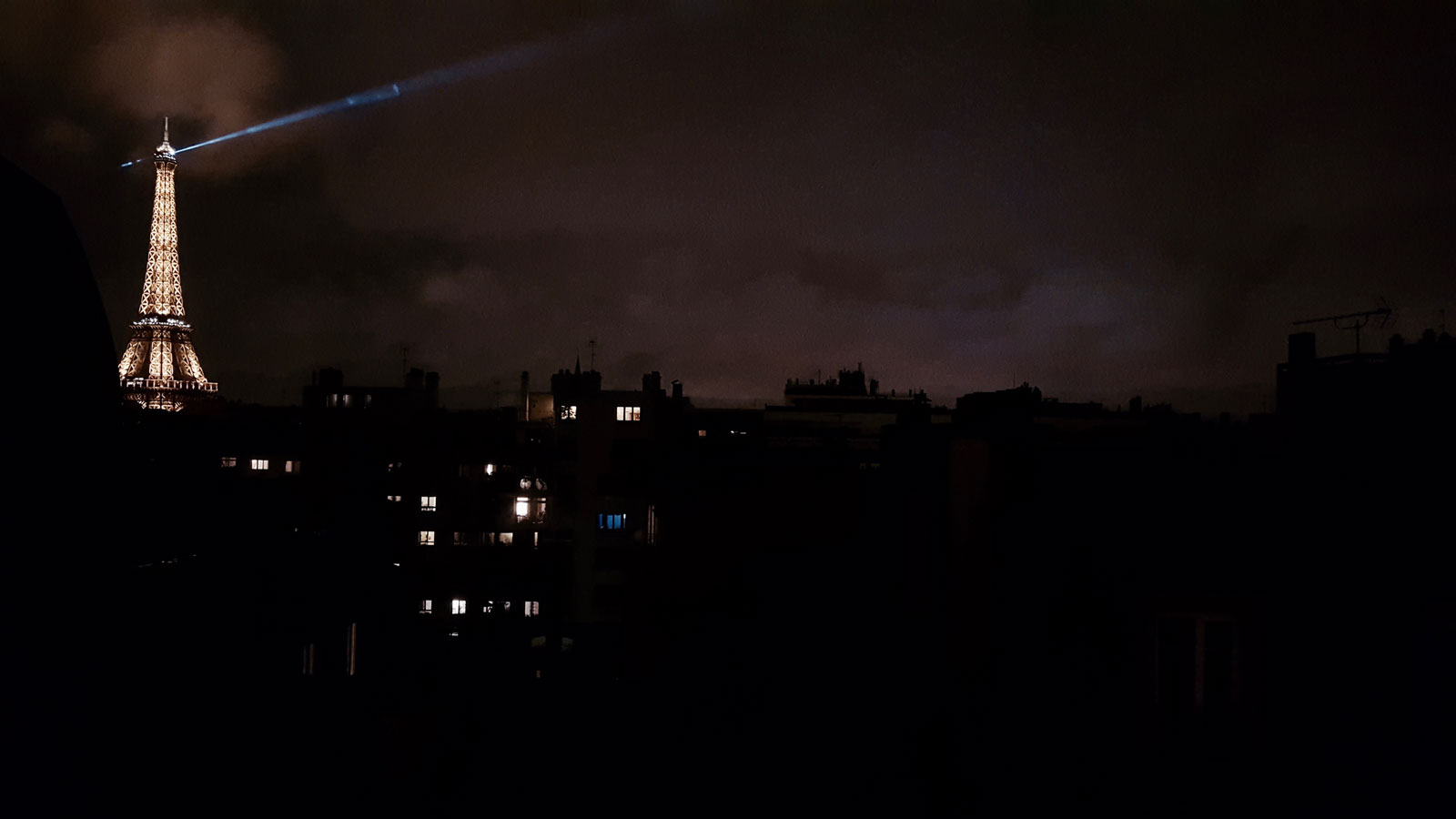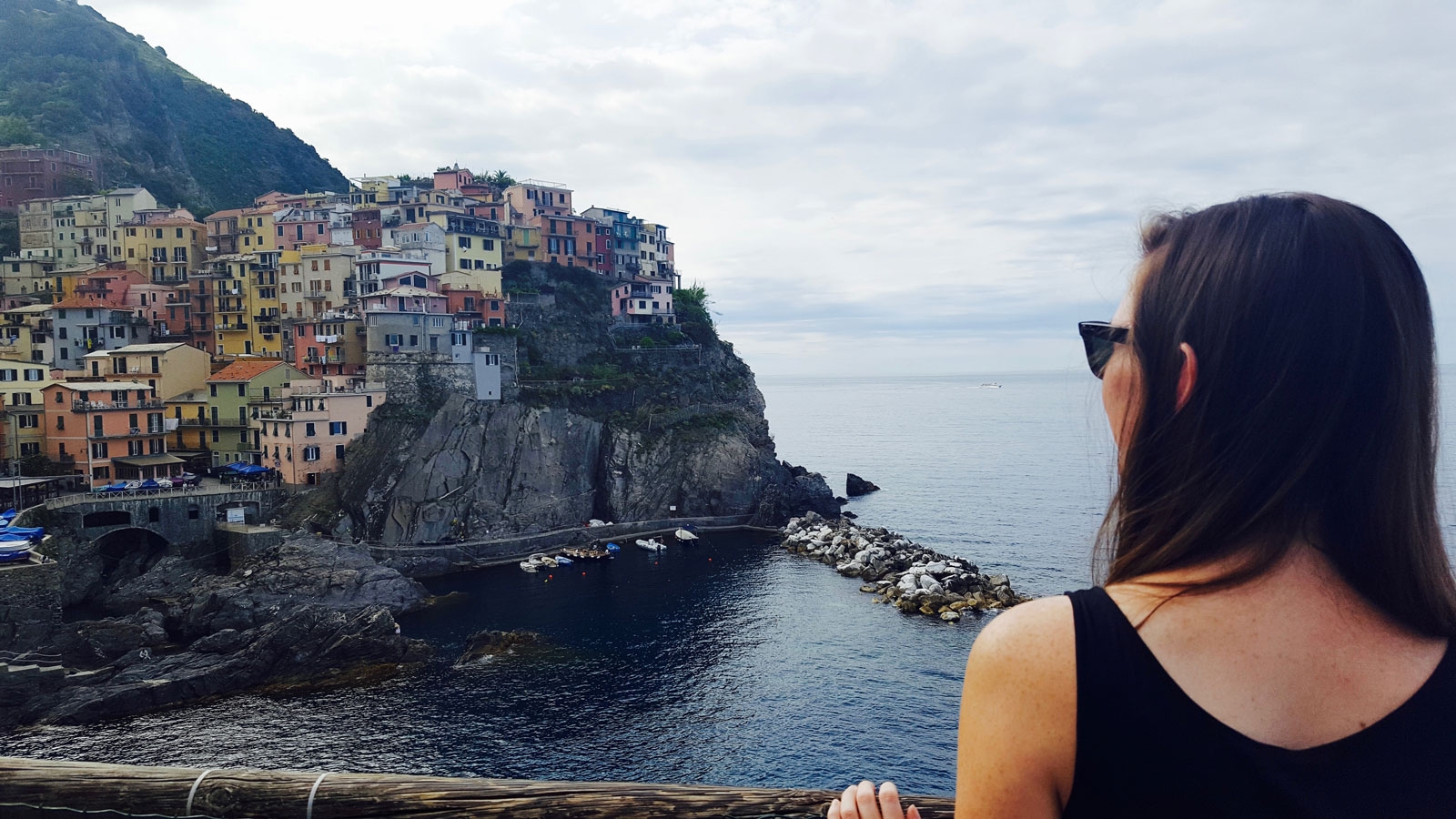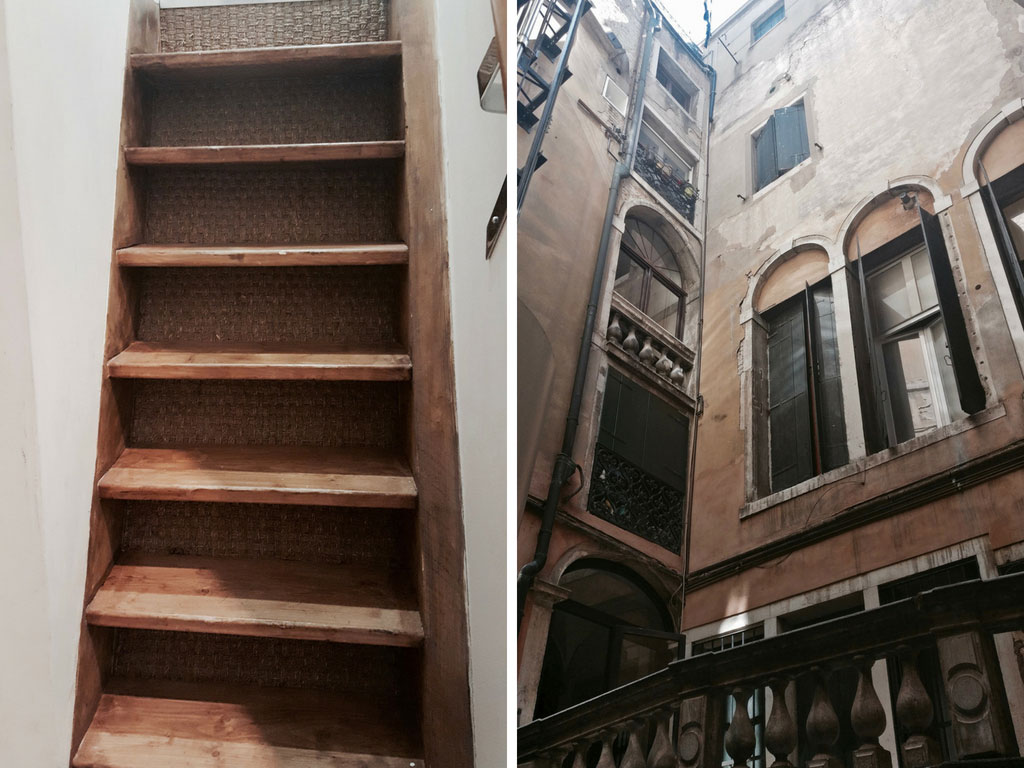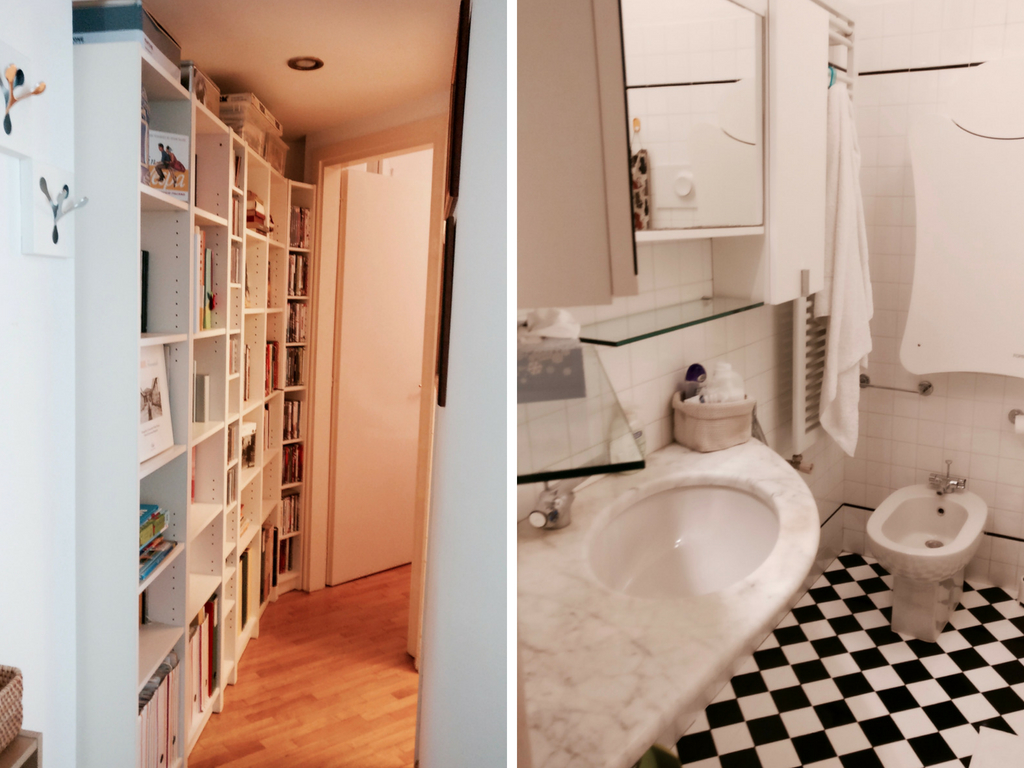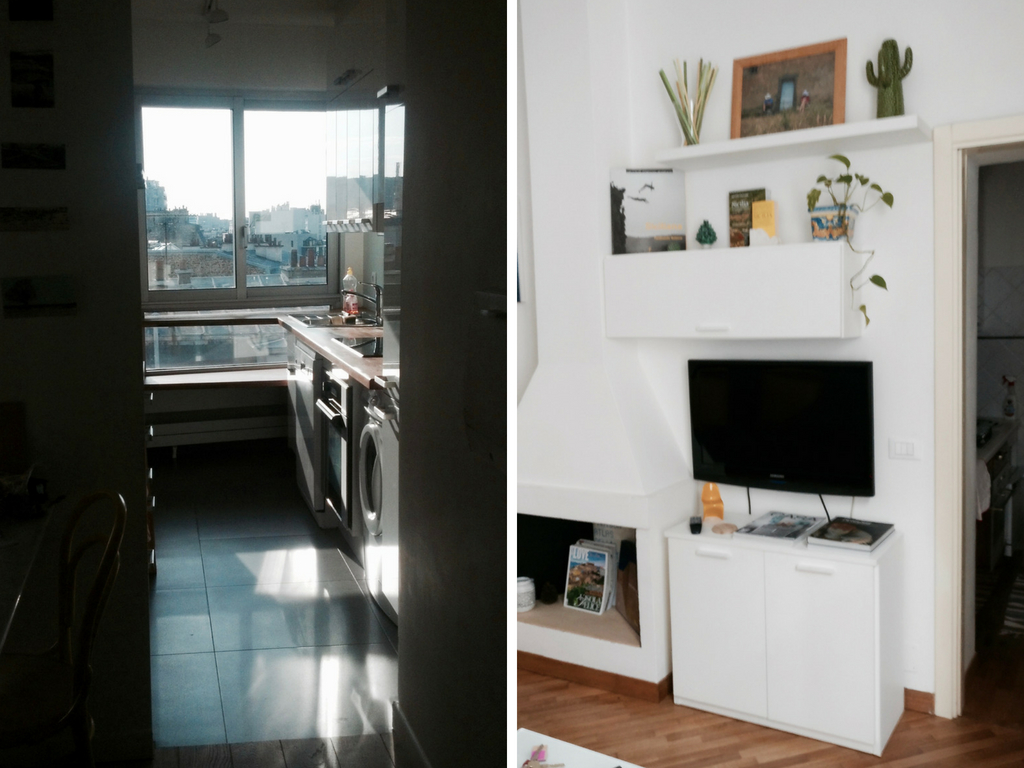I’ve written before about my love for Airbnb, but today I want to share a few tips on how to find your perfect “home” out in the world.
Why choose Airbnb when there are perfectly good, well-rated hotels nearly everywhere you want to go? I find that hotels put a distance between you and the community you are staying in. They provide a sanitized view of your destination by placing you directly in the tourist zone, offer conventional or non-original recommendations (which the staff is frequently compensated for making), and sometimes take away the opportunity to dine at a local business by providing the convenience of meals in-house.
Of course, I don’t believe that there’s never a proper time to stay in a hotel, and I do stay in them from time to time for short stays or when there is a considerable cost advantage. But the fact is, I simply prefer the Airbnb style of lodging. It sets me right in the middle of the action (whatever that action might be), it gives me the chance to interact with a local who doesn’t have any financial interest in making recommendations, I often have access to a full kitchen and laundry, and ultimately, an Airbnb can be a great value with options at every price point.
If this is the style of travel you desire, here are seven tips for finding the place that’s right – and safe – for you:
note: this post is not sponsored by or affiliated with Airbnb but may contain referral links
1. Start early
Though cancellations may occur closer to your trip, allowing for a few additional openings, you’re generally better off booking well in advance. The best Airbnbs in popular and/or pricey locations both big and small get booked up early. As soon as you know what your destination will be and what dates you’ll be there, start searching (even if you haven’t yet booked your flight). You’ll get a general idea of what’s available and what the cost will be. This is particularly helpful when you have flexible dates – occasionally there is a big event that drives up lodging costs, and you can choose an alternate set of dates or a different destination altogether.
2. Determine what kind of experience you are looking for
I’ve stayed in a variety of Airbnbs, from a tiny spare bedroom in someone’s home to a garage apartment to a full-blown penthouse overlooking the Eiffel Tower. When searching, you’ll have the option to apply filters to your search. The more I travel, the more I appreciate the “Entire Place” filter. In addition to determining what kind of place you want, you may also want to check out the host(s) listed with the home. Sometimes I stay in someone’s real home (or an extension of it) and the host is a real, true local who can help me discover their city. Other times I’ve stayed in places that are part of a type of “co-op” hosting setup, where the unit’s sole purpose is for rentals, and the “host” is more of an agent. You can usually tell which it will be by the number of rentals the host oversees. Airbnbs also offer a great chance to try out a variety of housing types that you may not normally have the chance to, such as treehouses, Airstreams, tiny houses, or yurts.
3. Figure out a few neighborhoods you’d like to stay in, but be flexible
When I last visited San Francisco I couldn’t afford to stay in San Francisco. Instead, Michael and I booked a place in Oakland that had way more charm and character than we could have hoped for (they had no television but did have chickens, thus, they had “chicken TV”). When you’re only in a location for a few days it’s hard to sacrifice proximity to everything you want to see. But if you need to make adjustments due to budget or availability, you may wish to note the distance to the nearest public transit stop (or the availability of parking, if you’re driving).
4. Comb the reviews
Beware of the automated posting that states, “The host canceled this reservation xx days before arrival. This is an automated posting.” This message appears in a host’s reviews when they have canceled a booking, which leaves the guest without lodging. It’s understandable in some circumstances, particularly when a host responds to that message explaining why they canceled (a burst pipe, for example), but a host who frequently cancels mere days before a guest’s stay worries me. I would steer clear of that host, particularly when traveling internationally, for peace of mind. Also, figure out what your deal-breakers are and read the reviews looking for ones that mention your particular deal-breaker. For me, I need a place that’s clean and safe over everything else. I like having access to a refrigerator, a great neighborhood, and a great view, but I can make do without those if necessary. I tend to look for reviews that mention the ability to walk around at night, the security of locking the door, and the cleanliness of the bed and bathroom. I love when I find reviews that mention the ease of access to local restaurants, grocery stores, and pharmacies. Yet there are complaints I read in reviews that don’t bother me, like having to climb several flights of stairs or how a space is too small – yet these clearly frustrate others and could bother you. The option to search reviews is incredibly helpful; I would recommend searching the reviews for keywords like “dirty,” “safe,” “bedbugs,” “dark,” or “loud.”
5. Scrutinize the photos
I like to get a sense of the space before I visit, so I better understand the layout of my “home” before I arrive. Look for well-lit photographs and a listing that has just the right amount of pictures. It gets exhausting endlessly scrolling through photos of knick-knacks in a unit or favorite trees located around the corner – and I get equally frustrated looking at postings that only have one or two photos. Regardless of how many pictures there are, look at them carefully. Does the front door have a secure-looking lock? Is the shower clean, or is it crawling with mildew? What are the sleeping arrangements – is the bed a sofa-bed, two twin beds pushed together, or is it a double – and are there enough sleeping spaces for everyone? Are there private spaces in the unit, and if I’m traveling with friends or extended family, will we feel comfortable in our bedrooms and bathrooms? If traveling with the very young or the not-so-young, will they be able to easily access each room in the space, or does a loft layout make access increasingly difficult? The answers to each of these questions may make it easier to narrow down your options.
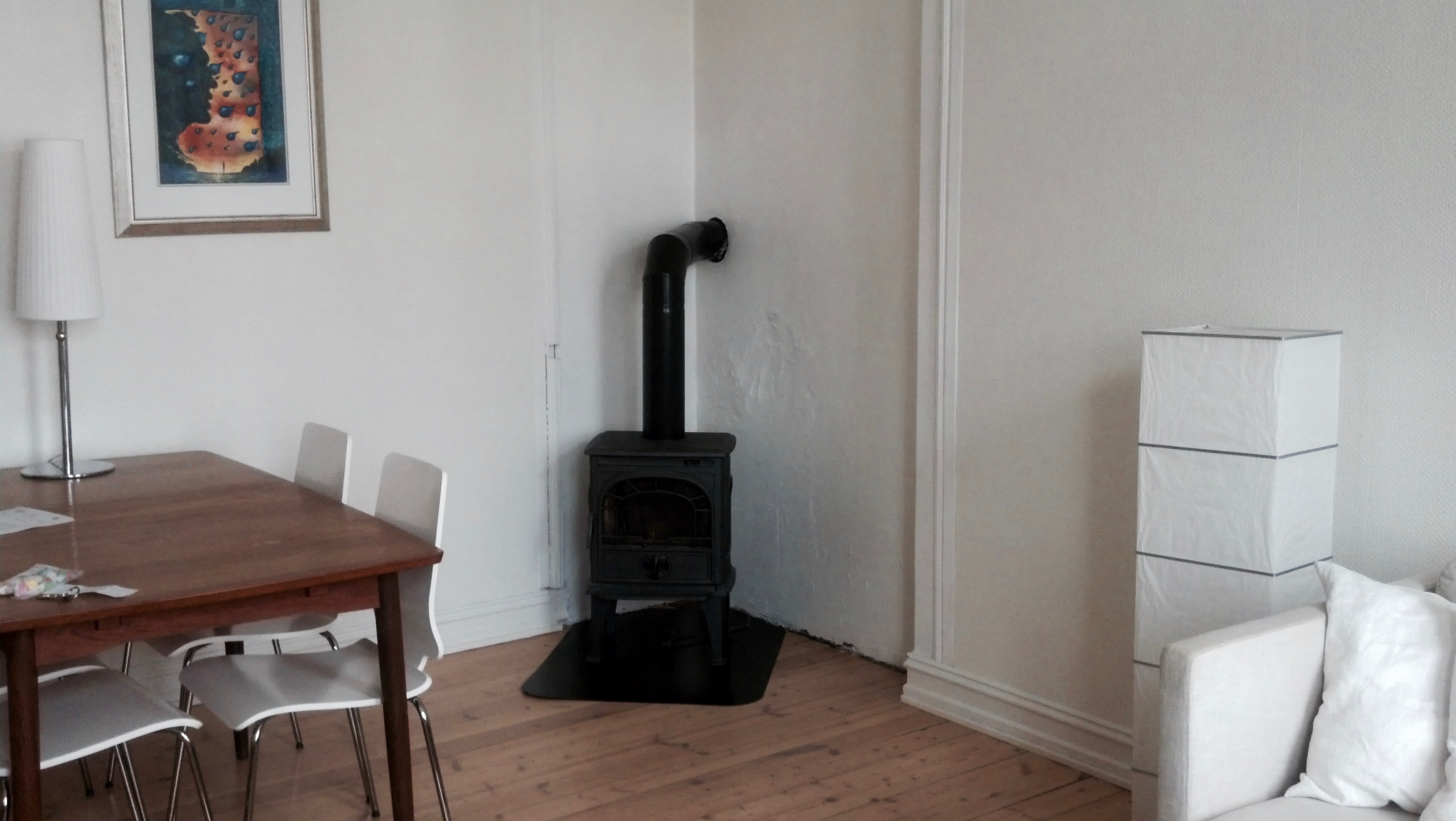
6. Review the amenities
Don’t take everything as a given. Wi-fi is essential when traveling internationally without access to a cell network. Double-check that the Airbnb has A/C if you’re traveling in the summer, and heating for winter travels. Be sure the washing machine listed is located in the unit, and if not, be sure to understand the procedures for using a shared washing machine in a building (for example, many apartments in the Scandinavian countries have a shared laundry facility, but you will need to sign up for an appointment to access the machines). I personally check to see that there is a hair dryer in each place we stay; I own a compact dryer, but if I can leave it at home I absolutely do. However, if a place doesn’t have a television, I really couldn’t care less. I occasionally like to settle in with a local show to follow the news and learn about the culture, but sometimes I find that it takes my time away from exploring my destination.
7. Message the host
Whittled your list down to the last two or three Airbnbs? Go ahead and message the hosts before booking, particularly if you are new to the site and don’t have any reviews under your account. I like to introduce myself, briefly mention when and why I am visiting the destination, what I like about the host’s space, and ask if they have any questions for me. Usually, I am instructed to go ahead and book, and every so often I am told that the space is unavailable. I like to shake out these details before formally booking, to reduce the chances of cancelation later. Doing so also gives you a chance to ask the host about the possibility of storing luggage before or after your stay, as that is one benefit of a hotel stay that is lacking in most Airbnbs. This also gives you a chance to interact with a host before committing to a stay, and if something seems off (an overly pushy host who tries to pit you against another potential renter, perhaps) you can back out right away and book somewhere else.
Final thoughts on finding the right Airbnb
There’s no way to guarantee a perfect stay, no matter where you are booking (trust me, we’ve had so many great experiences, but we’ve also had a couple of bad ones, despite doing everything “right”. That’s just how travel is). But if you take these precautions ahead of time, you have a better chance of avoiding any issues later down the road. The best – and potentially worst – part of Airbnb is that no two experiences are the same, but I wouldn’t want to travel any other way.
—
Questions for you
What do you look for in an Airbnb?
What is your one “must-have” at your destination?
Enjoyed this post? You may also like:
- How I’m Approaching Travel Differently in My Thirties
- How to Search for Cheap Flights
- I won a trip! (Now what?)
- 10 Tips for Overcoming Museum Fatigue
- 20 Questions You Should Ask a Potential Travel Partner Before You Leave Home
- 5 Easy Ways to Save Money This Week (for your next trip!)
- What Happens When You Cancel a Non-refundable Trip?
- Dinner Party Survival Kit: 20 Travel-Themed Conversation Starters
- 5 Easy Things You Can Do Today to Save for Your Next Trip
- How to Split Travel Costs When One Person Makes More Money
- Exclusive Discounts + Promo Codes
